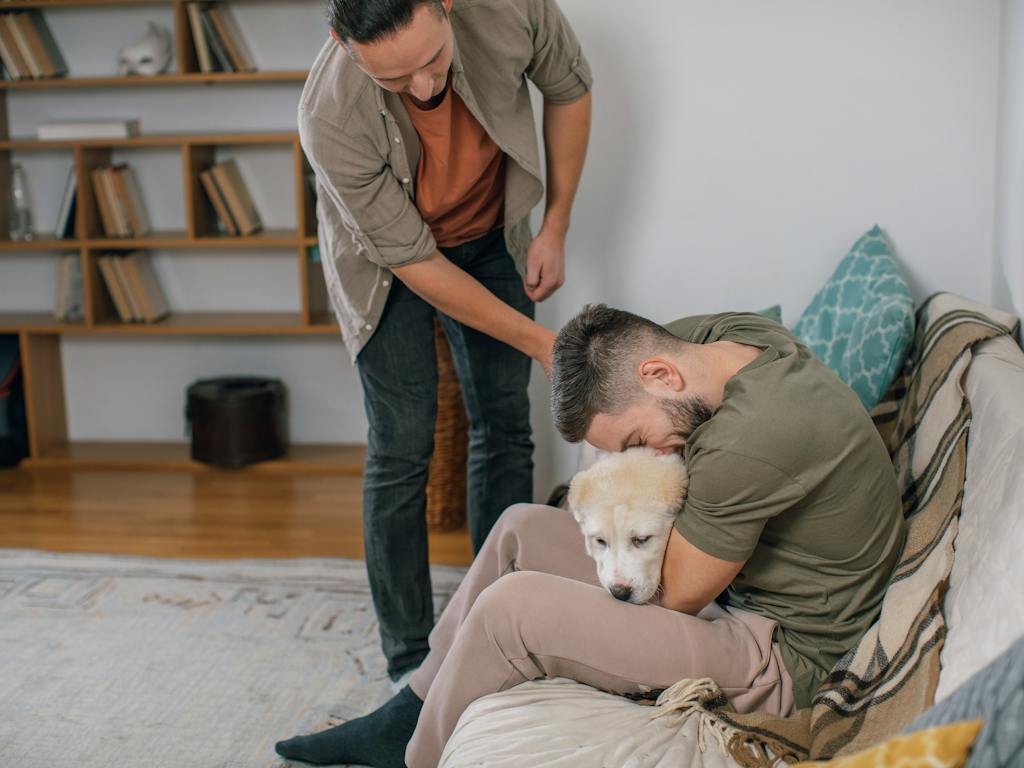Bringing a rescue dog into your home is a heartwarming experience that can transform both your lives. These incredible animals may have faced challenging circumstances, but with your love and care, they can thrive in their new forever home. One of the most important things you can do is provide comfort for your rescue dog as they adjust to their new surroundings. In this blog post, we’ll share 10 essential tips to ensure your new furry friend feels safe, loved, and at ease in their new environment.
Create a Safe Space:
Just like humans, dogs need a place where they can retreat when they’re feeling overwhelmed. Set up a cozy, quiet corner with a soft bed, blankets, and maybe even a few toys. This designated safe space will become a comforting refuge for your rescue dog to decompress and relax.
Establish Routine:
Dogs thrive on routine. Consistency in feeding, walking, and playtime helps them feel secure. Try to stick to a proper schedule as much as possible. This predictability will reduce anxiety and let your dog know what to expect each day.
Gentle Introductions:
If you have other pets or family members, introduce them to your rescue dog gradually and in a controlled manner. Give your dog time to acclimate to their new environment and the other animals or people living there.
Patience Is Key:
Understand that your rescue dog might have experienced trauma or neglect in the past. It will take time for them to build trust and feel comfortable around you. Be patient and give them space when needed.
Positive Reinforcement:
Reward-based training using treats, praise, and affection can help build a strong bond with your rescue dog. Positive reinforcement helps them associate good behavior with positive outcomes.
Grooming and Care:
Regular grooming and care routines, such as brushing their coat and trimming their nails, provide physical comfort. They also strengthen the bond between you and your dog.
Socialization:
Gradually expose your rescue dog to various situations, people, and other dogs. This helps them build confidence and feel at ease in different environments.
Calming Techniques:
Explore calming techniques like aromatherapy or soothing music. Some rescue dogs find these methods helpful in reducing anxiety.
Nutrition and Health:
Providing high-quality, balanced nutrition is essential for your dog’s overall well-being. Consult your veterinarian to ensure your rescue dog is getting the right diet and any necessary medical attention.
Crate Training:
If done gently and positively, crate training can offer your dog a cozy den-like space where they can feel secure. It’s important not to use the crate as a form of punishment.




